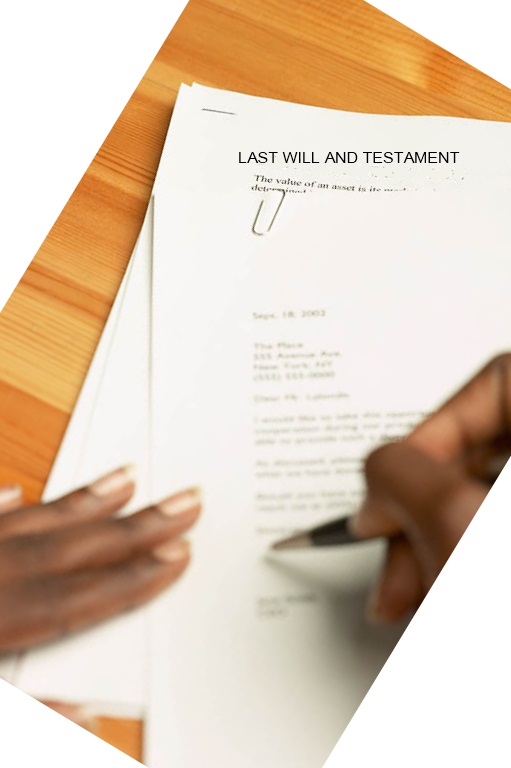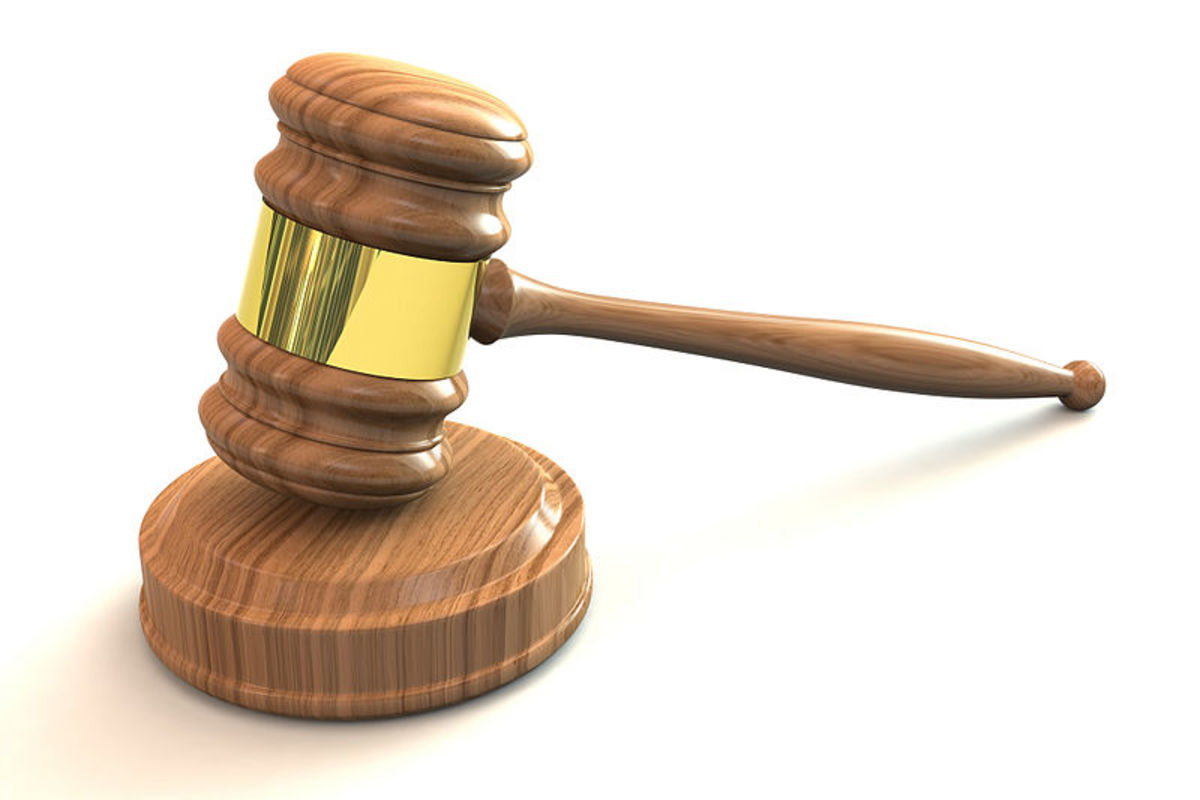How To Make Your Will

Wills and estates are tricky things and you should always seek the best legal advice you can get. However, there are many people who do not have any major assets, savings, properties, etc, yet still need to make a will. If you fall in this category, it is useful to know how to make your will.
When it is time to write your will, do the best research you can and proceed with caution. Below is a list of points to guide you in making your own will.
How To Make Your Will
To make a simple will, get a good reference guide (see below for some ideas), and work from there. Remember also, that laws differ from state to state and country to country.
Some Great Books To Help You Make Your Will Are:
Let's Get Started
Below is a template that you can use to make your will but remember, you can’t go wrong with good legal advice.
1. Fully Identify Yourself
In your will you must include your name, address, social security number (or similar, depending in which country you live in) and date of birth. Make it as easy to identify you as possible.
Example:
LAST WILL AND TESTAMENT OF _John Smith, of 14526 Birch Road, Stevens Point, WI 54481, USA, Social Security Number: 123-45-6789

2. Declare Your Mental Health
You need to state that you are of sound mental health and contractual capacity. If you do not state this clearly, it will be easier to contest your will in court.
Example:
Being of sound mind….
3. Revoke All Previous Wills and Codicils
State that you revoke all previous wills that you have made and all codicils attached to those wills.Add this even if you do not have any previous wills, just in case you forgot about one.
Example:
...hereby revoke all Wills and Codicils previously made by me and declare this to be my Last Will and Testament.
4. Appoint The Executor For Your Estate
The executor of your estate is the person who will distribute the money and assets of your estate. Appoint someone who is trustworthy (see the section on posting bond below) and who is good with money as they will have to settle your debts and outstanding taxes and sell and distribute your assets. You want to appoint the right person for this job as it can create big problems for your family if this person proves to be unreliable.
Example:
I nominate ___________________ to be the executor of my estate…
5. Empower Your Executor To Pay All Your Debts And Expenses
Give the executor express permission to pay all your outstanding debts, taxes and expenses.
Example:
… ;that my executor shall have authority, at the request of my beneficiaries, to borrow money for any purpose connected with the liquidation of my estate and, to that end, may encumber any of the assets of my estate.
6. Should Your Executor Post Bond?
To post bond simply means whether you wish to take out insurance in case your Executor decides to run off with your money and his secretary. You need to decide if posting bond is necessary for your estate (bond can be expensive) as this will only really apply if you have a large estate and lots of assets and then clearly declare this in your will.

7. State How Your Assets Are To Be Divided Up
You need to declare which of your assets will go to whom. Be as clear as possible about this. Make it clear if you want to give the painting down the hall to one of your kids and your favorite chair to another.
Then, for example, if the rest of your goods are to be sold, declare the percentages of money that your dependants will get. Again, be a clear as possible.
Many people who have few assets choose to leave everything to their surviving spouse and once the spouse passes on the remainder of the estate will go to their child or children. If you choose to go with this option make sure you state this clearly in your will.
Example:
I bequeath the residue of my estate to my spouse.
Should my spouse not survive me for a period of 30 (thirty) days, then I bequeath the residue of my estate to my children.
8. A Residuary Clause
A residuary clause divides everything that is left over among your residuary beneficiaries. This is legalese for saying everything goes into a pot which is then split equally amongst your nominated beneficiaries.
9. Sign Your Will
How you sign your will is subject to state laws (in the United States) and country laws outside of the US.
In general you need to sign at the end of your will and initial each of the pages.In addition to this you will need to have two witnesses to witness the signing.
Example:
SIGNED AT ________________________________ THIS _______ DAY OF _____________________, ___________________
in the presence of the undersigned witnesses, all being present at the same time and signing in the presence of each other.
AS WITNESSES:
1. ________________________________
2. ________________________________
10. Add A Codicil If You Need One
If you need to make any amendments to your will you can do a codicil instead of writing a new will. It is simply an additional page (or more) that is added to your will.
11. Store Your Will
Making a will is of no use if it is lost. Store your will safely and give a copy (or second original) to your Executor. Remember that your will is only opened after your funeral so make your funeral arrangements separately.
12. Update Your Will
Make sure to update your will after any major event in your life (like marriages, divorces, deaths and the selling or buying of major assets). Do not write on your will after it has been signed; do a codicil for minor changes.
Conclusion
The outline in this article is best suited for people with few assets and no likelihood of complications arising. If you have a large estate and need more information you can see the related article: How To Make A Will: What You Need To Know
Alternatively, there are many useful books available that can further serve as guidelines.
Your will is one of the most important documents that you will ever write. Those who survive you (your spouse, children and other dependants’) safety and security depend on this, so it is always best to get professional assistance if you can and special care should always be taken when undertaking to make your own will.
Useful guides to look at for further help:
I hope that this hub has been useful to you and that you now have a better idea on how to make your will.







